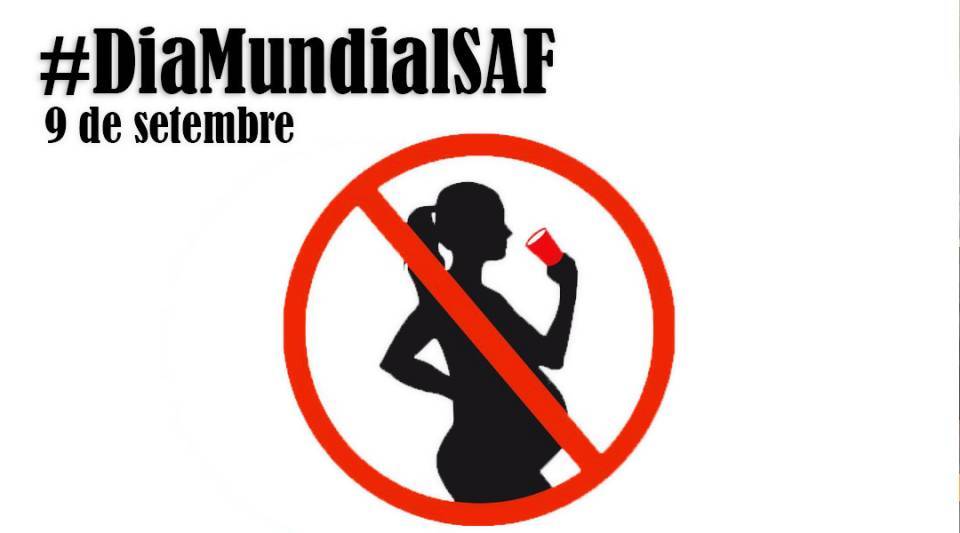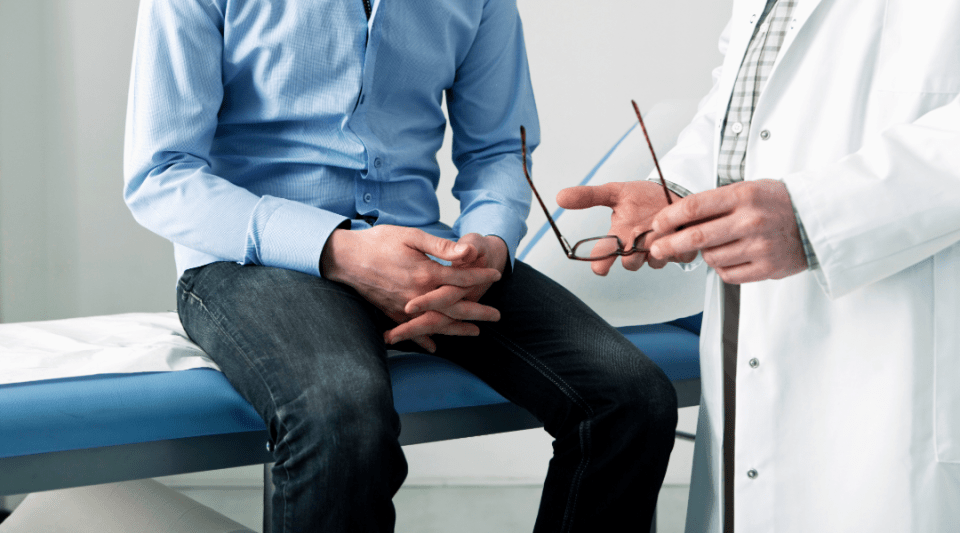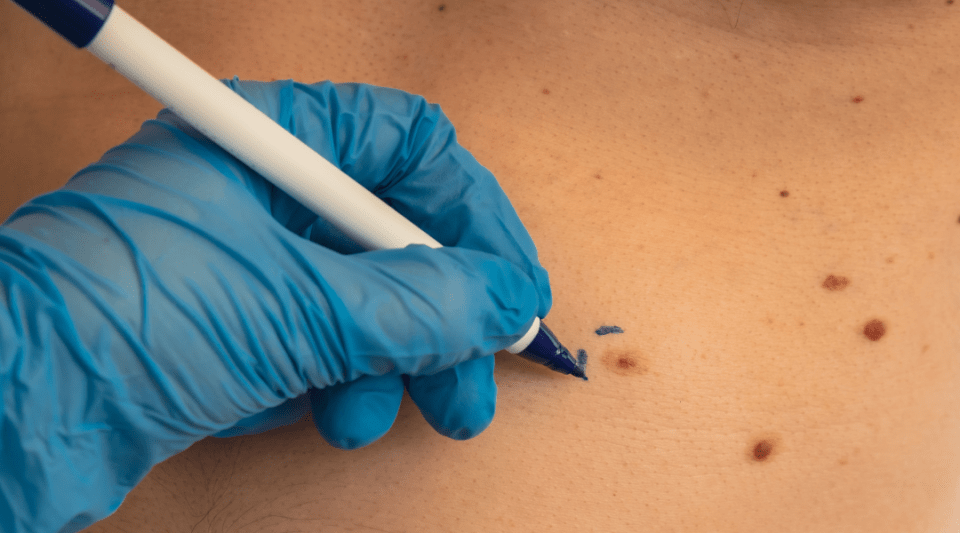FASD is a disorder that encompasses a wide range of physical, mental, behavioural and cognitive abnormalities that a person may exhibit when they have been exposed to alcohol during their prenatal development. The most severe form on this spectrum is Foetal Alcohol Syndrome (FAS). Its clinical manifestations can be divided into morphological malformations (particularly craniofacial defects), stunted growth, and cognitive, behavioural, socialisation and learning disorders. ‘However, all these problems can be prevented in 100% of cases if no alcohol is consumed from the moment the pregnancy is planned,’ explains Óscar García-Algar, head of the Neonatology Department at Hospital Clínic-Maternity, and coordinator of the Childhood and Environment Research Group (GRIE).
In recent years, knowledge about FASD has improved significantly and there have been several advances in terms of describing the disorder, which is much more complex and diverse than previously thought. Potential new treatments and innovative diagnostic tools have also been developed.
Accordingly, a neurocognitive and behavioural profile specific to people with FASD has been described, based on a study of more than 400 cases conducted by Hospital Clínic. These results are very important, as they allow therapeutic strategies specifically adapted to these patients to be implemented.
Results relating to new treatments have also been published, and are currently in animal testing phases. The beneficial effects of drugs such as catechins and cannabidiol on the neurodevelopment of people with FASD have been also demonstrated. Studies on antioxidant molecules are currently in progress.
In terms of technological development, researchers at the Childhood and Environment Research Group (GRIE) at Hospital Clínic-IDIBAPS have launched the first Foetal Alcohol Spectrum Disorder (FASD) diagnostic tool to use artificial intelligence (machine learning), known as VisualFASD. The app aims to make it easier for medical professionals and psychologists to screen for the characteristic physical signs of FASD, for example facial abnormality patterns. Using the camera of the mobile device, the application is able to analyse the size and symmetry of facial structures, thereby facilitating a potential FASD diagnosis. However, the diagnosis should always be confirmed with a neuropsychological assessment to check for the presence of cognitive and behavioural disorders.
The team at Hospital Clínic-IDIBAPS has also developed the first specific therapeutic tool for cognitive disorders (including FASD) using virtual reality (VRP: VR Psychotherapy).
Meanwhile, more and more programmes are being developed by different public entities to carry out specific actions for people with FASD. These include the technical report on FASD in Spain by the Ministry of Health, and the upcoming creation of Expert FASD Units with the support of the Local Government of Catalonia’s Health Department.
International Day for the Prevention of Foetal Alcohol Spectrum Disorder (FASD)
9th September is the International Day for the Prevention of Foetal Alcohol Spectrum Disorder (FASD). This day is about spreading information and raising awareness about this type of disorder, which remains largely unknown. FASD is considered to be the leading preventable, non-genetic cause of mental delays in the Western world.
The difference between this disorder and other neurological or behavioural problems is that FASD is 100% preventable and, therefore, it is up to us to eradicate this condition in the near future. Alcohol consumption during pregnancy can have significant and irreversible physical, intellectual and behavioural consequences for newborns and children.
Finally, it should be remembered that preventing FASD is exclusively a matter of avoiding alcohol consumption during pregnancy, from the moment a woman decides to conceive. During the early weeks, when pregnancy cannot yet be confirmed, alcohol consumption may already harm the foetus. This means there is no safe amount of alcohol that can be consumed during pregnancy.
Childhood and Environment Research Group (GRIE)
Currently, the GRIE is Spain’s only clinical and basic research group on FASD. It is under the umbrella of BCNatal, a leading national and international centre in maternal-foetal medicine, which is the result of the union between Barcelona’s Hospital San Juan de Dios and Hospital Clínic-Maternity. Several clinical and basic research projects related to prenatal alcohol exposure and its detrimental effect on the neurodevelopment of newborns and children are in progress at Hospital Clínic.
Author: Óscar García-Algar, head of the Neonatology Department at Hospital Clínic-Maternity and coordinator of the Childhood and Environment Research Group (GRIE).




